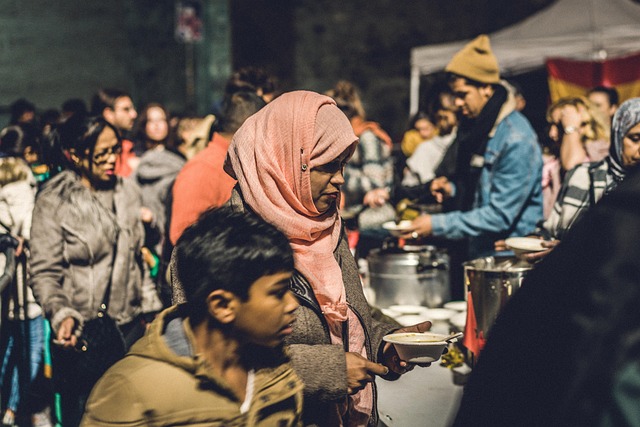The essence of community often stems from shared values, beliefs, and activities that bring individuals together. Faith-based youth programs serve as a powerful reminder of how religion can foster connection and growth among young individuals. These programs are not solely about imparting religious teachings; they are about building a supportive environment that nurtures both spiritual and personal development.
At the heart of these youth programs lies the intention to create a sense of belonging. Adolescence can be a tumultuous time, filled with challenges and identity exploration. Faith-based organizations recognize this critical period in a young person’s life and provide a safe space where they can gather, share experiences, and learn from one another. This bonding over common beliefs provides youths with a foundation of trust and understanding that is essential for healthy relationships.
Moreover, engaging in faith-based activities encourages young participants to express their ideals and beliefs openly. Whether through group discussions, volunteer opportunities, or community service projects, youth programs create avenues for young people to live out their faith in practical ways. This engagement builds self-esteem, leadership skills, and a sense of responsibility towards their community. It also allows them to witness the impact of collective action rooted in shared values, reinforcing the global and local connections that bind them.
Another vital aspect of faith-based youth programs is mentorship. Many programs offer guidance from community leaders and older peers who embody the principles of their faith. This mentorship is crucial, as it provides role models for young individuals to aspire to and learn from. These relationships can inspire youths and instill a sense of purpose, helping them navigate their choices and challenges more effectively.
In addition to spiritual growth, these programs often address social issues affecting youth today, such as bullying, substance abuse, and mental health challenges. With a strong community support system, young people learn to confront these issues head-on, armed with the wisdom and resilience that their faith fosters. This holistic approach ensures that participants not only grow spiritually but also develop critical life skills that will serve them well in the future.
Faith-based youth programs are more than just a series of gatherings; they play a pivotal role in strengthening community connections. By focusing on the values of compassion, service, and mutual respect, these programs help young individuals build a solid foundation. They not only support their spiritual journeys but also empower them to become proactive members of their communities, ready to engage with the world around them.




